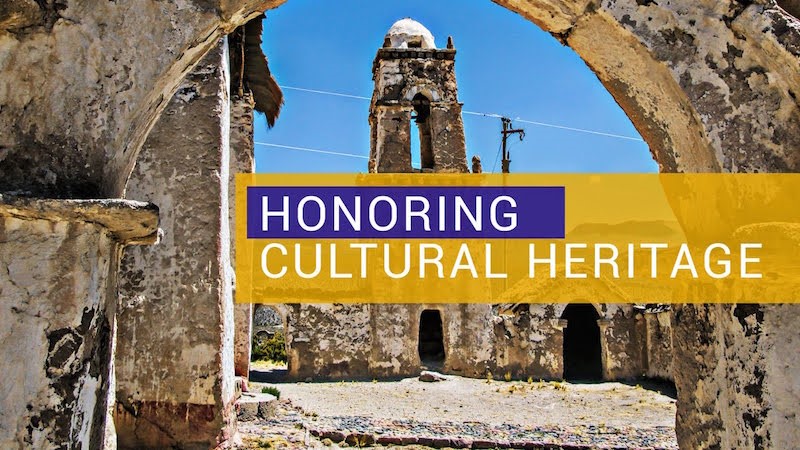
Paris, 28 May—UNESCO will seek new modalities to respond to the debate on displaced cultural artefacts during a conference, Circulation of Cultural Property and Shared Heritage: What New Perspectives, at the Organization’s Headquarters on 1 June (10 am to 6.00pm, Room IV).
The conference, a forum for dialogue of exceptional scope, will bring together government ministers, academics, curators, and experts from all parts of the world as well as representatives of UNESCO’s Member States.
Patrice Talon, President of Benin, and Audrey Azoulay, Director-General of UNESCO, will open the conference on the circulation and sharing of heritage preserved in museums and institutions situated away from countries or communities that produced them.
The subject will be introduced by Professor Bénédicte Savoy, art historian at the Technische Universität Berlin (Germany). Government ministers will then present their political, economic, cultural, philosophical and ethical vision of emerging modalities of heritage sharing at the High-level ministerial panel – Challenges of heritage mobility (11am to 1pm). Ministers in charge of culture, tourism and antiquities from the following countries are scheduled to take part: Burkina Faso, France, Gabon, Germany, Jordan, Lebanon, Peru, Senegal and Republic of Congo. The Ministers of Foreign Affairs of Benin and Germany are also expected. (see programme for more details and updates).
The ministerial panel will be followed by three roundtable debates:
From 3pm to 3.55pm, Circulation of cultural property: new forms of cooperation will notably examine the range of actions and approaches in recent cases where cooperation allowed for the circulation of cultural goods. (Bull’s Head of the Temple of Eshmun, Lebanon, Koh Ker, Cambodia, and Inventorying Dispersed Kanak Heritage, France).
From 3.55pm to 4.50pm, Circulation of cultural property: the ethical debate, is the subject of another roundtable debate in which academics and representatives of international organizations will draw on their experience in research and project management to consider responses to the socio-economic and cultural realities of the countries concerned.
From 4.50pm to 5.45pm, Circulation of cultural property: the new role of museums, will consider the contribution of museums in the sharing of heritage. Based on a sample of projects, museum directors from all regions will examine cooperation between their establishments as they gain importance in providing access to cultural heritage worldwide.


